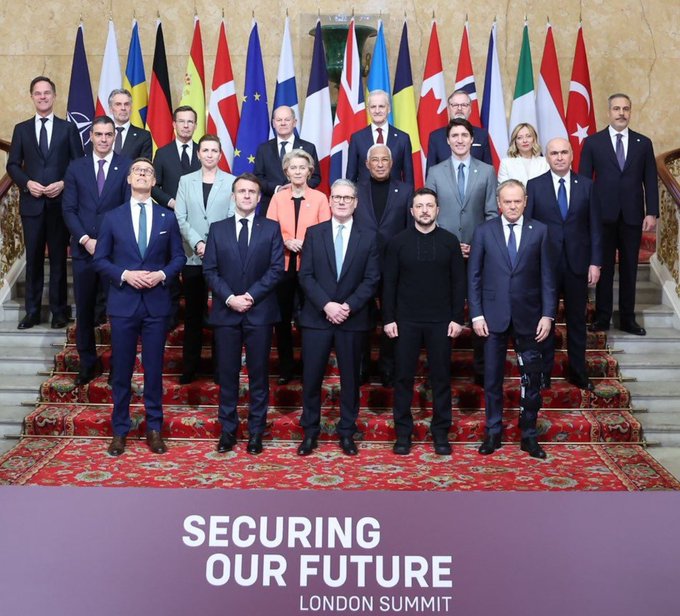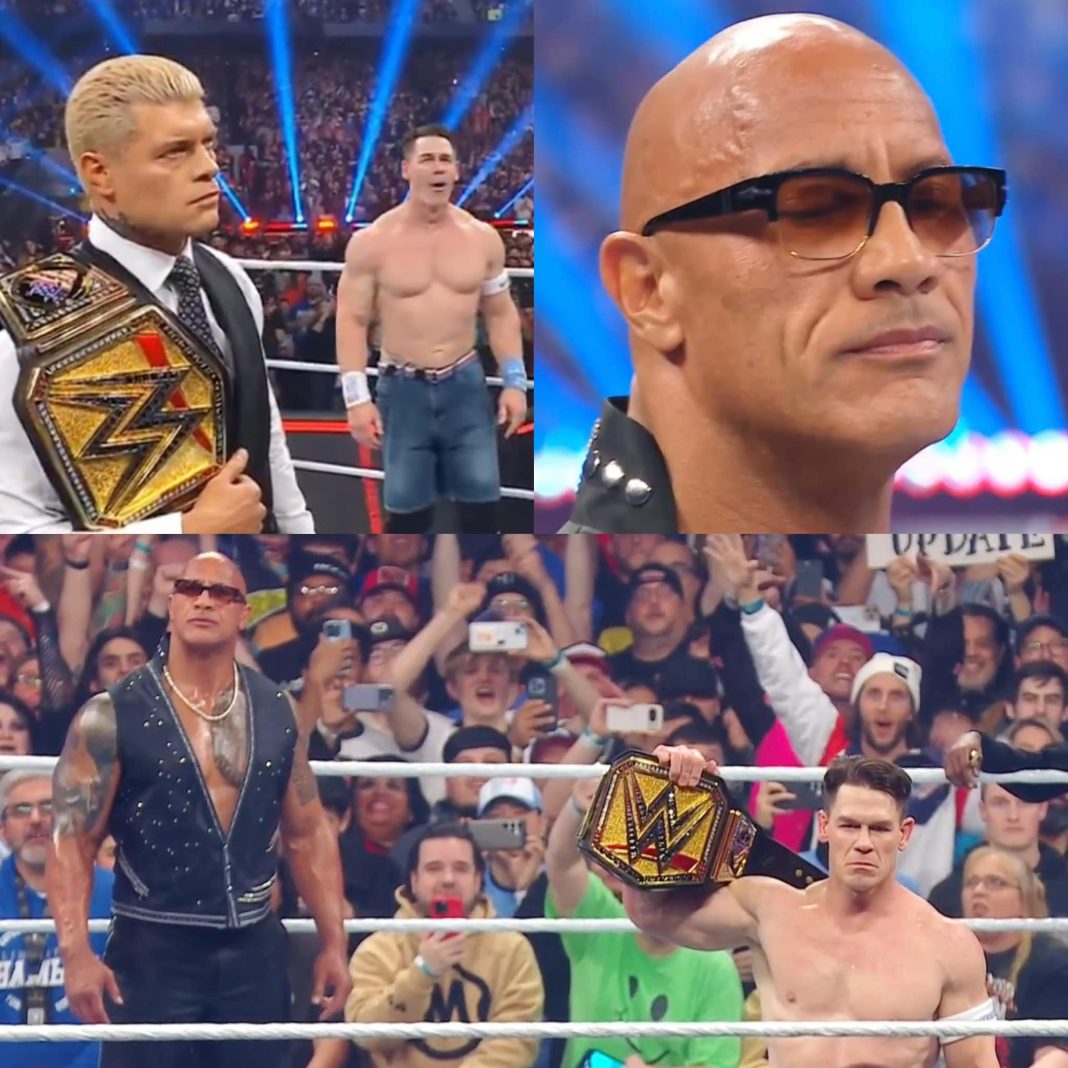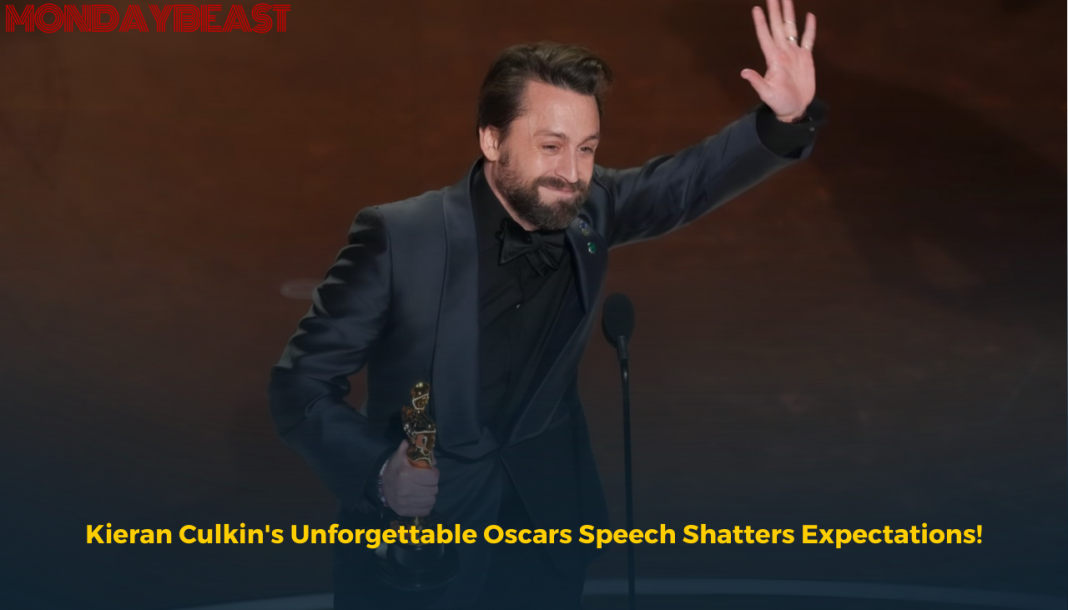In a high-stakes environment, the stakes could not be higher. As Sir Keir Starmer stands at the helm, hosting an international summit on Ukraine, the world watches closely. The Prime Minister’s message is clear: it’s time for European leaders to act at this ‘once in a generation moment.’ But what does that really mean for Ukraine? Can diplomacy effectively end the three-year conflict? And how do the leaders plan to navigate the complex political terrain?
At Lancaster House, near Buckingham Palace, Starmer’s call to his peers resonates powerfully. He urges them to take bold steps, especially in defence spending. The visible urgency underscores a desperate need for a comprehensive approach. It’s not just about military support—this is about fostering unity and shared responsibility among nations. As the conflict rages on, fatigue weighs heavily on the international community. Can Europe muster the resolve necessary for a united front? Only time will tell.
The summit carries weighty expectations. Starmer’s intent is to forge a common position to address the ongoing hostility stemming from Russia’s invasion. Collaboration seems essential. For countries like the UK and France, the hope is to work with Ukraine on a cessation plan. But how will leaders balance their own national interests with collective security? The intricacies of each nation’s political climate complicate matters. Yet, the urgency for peace cannot be overstated, and public sentiment grows increasingly impatient.
Zelensky’s presence at this gathering is pivotal. Following his tense exchange with Trump, which stirred quite the reaction, many wonder how he’ll navigate this delicate landscape. After all, international relationships often hinge on personal chemistry. What might discussions with the King reveal? In an age of social media snapshots and public opinion, every moment counts. Yet, beneath those formalities rests a human story—a leader seeking resolution and stability for his people.
Starmer’s discomfort during the Trump-Zelensky confrontation speaks volumes. No one wants to witness leaders arguing when the stakes are so high. Conversations around conflicts can often spiral into chaos, overshadowing potential solutions. So if both leaders could come together to discuss resolutions, could that foster a collective spirit of hope? It’s a matter of empathy versus emotion in diplomatic relations.
Ultimately, as we consider the implications of this summit, the question remains: can leaders step beyond their own political boundaries for a cause that affects millions? Will unity and shared goals triumph over individual concerns? Only time will shed light on the response to this pressing question. In this moment defined by uncertainty and challenges, we hold our breath, hoping for progress and a glimmer of peace. With a vigilant audience watching, it is clear that this summit could indeed mark a pivotal turning point in the ongoing struggle for peace.




